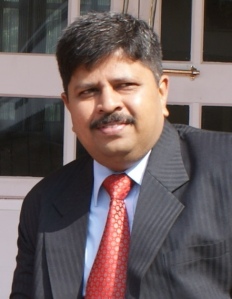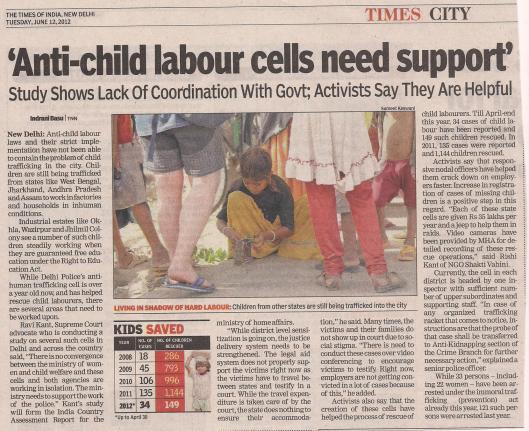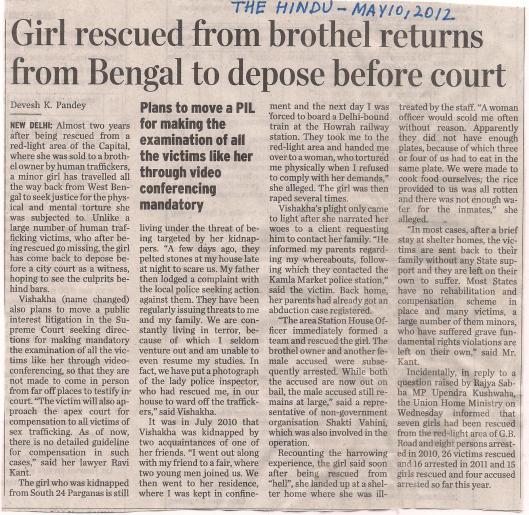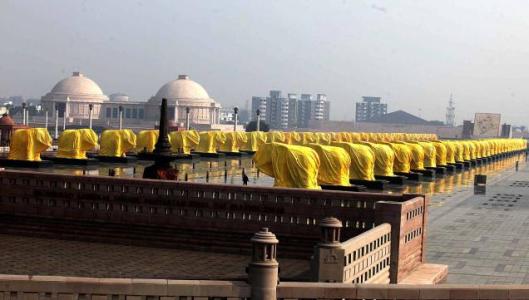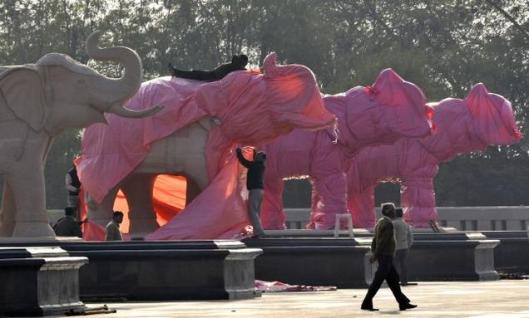Tags
New Delhi: The Supreme Court on Wednesday set up a social justice bench to deliver speedy access to constitutional rights, particularly those relating to women and children. The bench will deal exclusively with social matters, including the right to food and medical assistance. The move is designed to ensure that these cases can move quickly through the apex court and, notably, to encourage deeper deliberation on the rights and responsibilities of the state. The Supreme Court said “several cases relating to the domain of ‘social justice’ have been pending for several years” in the apex court, prompting Chief Justice H.L. Dattu to order “that these cases shall be given a specialized approach for their early disposal so that the masses will realise the fruits of the rights provided to them by the constitutional text”.
The two-judge bench comprising Madan B. Lokur and U.U. Lalit will begin sitting from 12 December. The range of issues identified includes access to food for drought-hit people and prevention of premature deaths caused by lack of nutrition. The right to health figures on the agenda with the mandate to make access to medical care a reality irrespective of people’s financial capacity. The bench will also determine availability of night shelters for the homeless and the destitute. “This is an idea that should have been long implemented. The job of judiciary is not just to deliver justice but also to make people respect and fear the law. Right now, people think they can do anything and get away with it,” said Ranjana Kumari of the Centre for Social Research, a non-governmental organization. “I know of two dowry cases which are pending in the Supreme Court for 22 years.
If this body is formed, hopefully justice wouldn’t be delayed any more,” she added.
While the apex court has routinely set up dedicated benches, these have primarily dealt with economic issues. The “forest bench”, later renamed the “green bench”, has been dealing with environmental cases for nearly two decades. Similarly, the lower judiciary has courts dedicated to crimes against children and offences like sexual assault. Having a dedicated bench for matters of constitutional rights and societal concerns will reduce the pendency of cases arising from such matters. The new bench will take up not only pending matters but also new ones in order to “secure social justice, one of the ideals of the Indian Constitution”, the court said. The release also indicated that secure living conditions for women—in the absence of which many find themselves in sex work—are a part of constitutional goals which must be achieved.
Welcoming the move, Supreme Court lawyer and anti-trafficking activist Ravi Kant said, “I think this move will bring more focus on these issues. Different PILs related to the same matter are pending before different benches. This body will bring in more clarity. It will also expedite the delivery of justice.”
However, some experts said that with only a brief announcement made so far, details about implementation, the number of cases to be transferred to the bench and other such matters were unclear. “Definitional questions as to what qualifies as social justice will arise. It might also encourage forum shopping, as each litigant wants to be heard by a sympathetic bench. The other problem is that the concept of rule of law promises equal treatment of all cases,” Rahul Singh, assistant professor at the National Law School of India University, Bengaluru. “Constituting a special bench for a class of cases is antithetical to this concept.” “It’s important that the apex court is talking about these issues. But this shouldn’t reduce to mere tokenism. We have so many mahila (women’s) courts in the country. Crime against women has become a disease in this country,” lawyer Rebecca John said. “If the bench is a response to recognizing that cases related to women and children are serious, then I welcome the move.”

